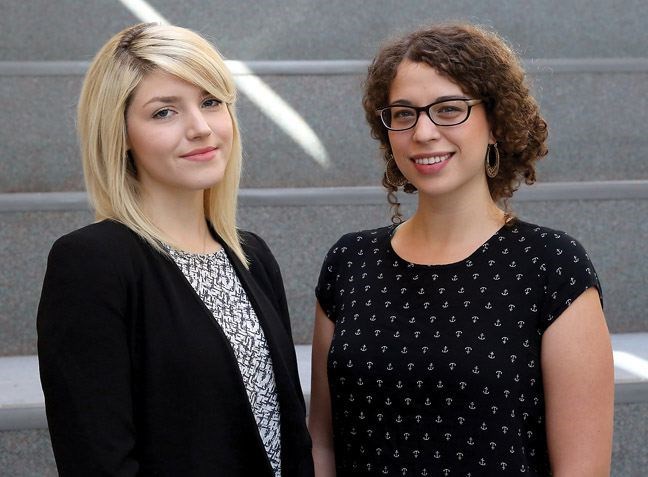Two University of Northern British Columbia students have become the first of what is hoped to be many to participate in an exchange program that will take them to the other side of the world to bolster their studies of indigenous culture.
In early September, Roxanne Umpherville, 28, will pack her bags for slightly more than three months in New Zealand where she will initially spend about four weeks working at a Maori-run community garden.
From there, she will attend Te Whare Wnanga o Awanuirangi University, a Maori post-secondary institution in the Bay of Plenty area on the country's north island for another four weeks.
And then it'll be a further four weeks of volunteering at an organic farm.
A fourth-year major in First Nations studies at UNBC, it all fits in with Umpherville's interest in food security and food sovereignty.
What does she hope to gain? "Experience mostly," Umpherville said. "I love to travel and to combine education and travel at the same time is really just a dream come true."
Pupic, 22, is a third year major in biomedicine with a minor in First Nations studies.
She added the minor when she learned about the disparity in health services between aboriginal and non-aboriginal communities. Now she's focused on finding ways to close that gap.
Like Umpherville, Pupic hopes to gain experience and knowledge as well as "a lot of reciprocated learning."
Pupic's sojourn will begin in January and will include time in a hospital that features traditional Maori approaches to health and healing and a rural clinic where a nurse but no physician is stationed.
"They have a telehealth system - it's like a Skype - to get access to the physicians," Pupic said.
UNBC First Nations studies Professor Dr. Agnes Pawlowska-Mainville said one of the program's foundations is grassroots work.
"We hope that this is an exchange not only between two institutions and two universities but also communities - the Maori communities in New Zealand as well the communities out here," Pawlowska-Mainville said.
"We hope the students come back with an enriched learning experience and not only know how to do research and scholarship but also how to work with people, work with communities, how to be responsible toward communities."
At least one student from New Zealand is expected to arrive at UNBC in January.
The three-year- program is made possible largely through a $392,000 contribution from the Canadian Queen Elizabeth II Diamond Jubilee Scholarship Program and students selected for the exchanges will be named Queen Elizabeth Scholars. UNBC has put in a further $108,000. Pawlowska-Mainville hopes to see it continue long after the initial three years is up.



